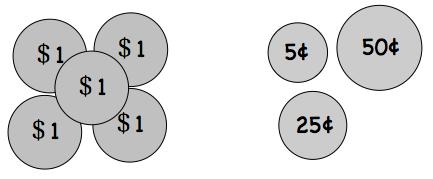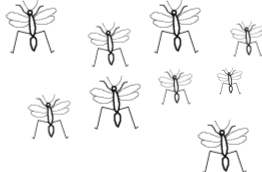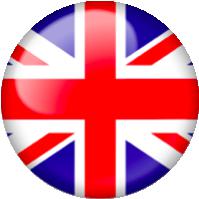Skip over navigation
Or search by topic
Number and algebra
Geometry and measure
Probability and statistics
Working mathematically
Advanced mathematics
For younger learners
Which Would You Rather?
Age 7 to 11
Challenge Level 





- Problem
- Getting Started
- Student Solutions
- Teachers' Resources
Which Would You Rather?
Would you rather......
Have 10% of $5 or 75% of 80 ¢?

Be given 60% of 2 pizzas or 26% of 5 pizzas?
Be bitten by 15% of 120 mosquitoes or 8% of 250 mosquitoes?

Skip using a rope which is 54% of 105in. long, or 88% of 275 in. long?
Sit in a traffic jam for 33% of 2 hours or 44% of 1hr 40mins?

Make sure you explain your reasons clearly.
Perhaps you'd like to make up some of your own questions like these and send them to us.
Why do this problem?
This activity would be a good start to, or could follow on from, work on finding percentages of quantities. In whichever context it is used, it will provide a good assessment opportunity for you to find out what your pupils understand well and what they have difficulties with.
Possible approach
These problems are probably best tackled as a group activity with children working in threes or fours. Give each group a set of these cards (.doc, pdf) five
of which contain one each of the scenarios and one of which is blank. Challenge each group to decide which situation they would prefer and say that you will want them to explain how they came to their decisions.
Having given them a suitable length of time to work on the problems, bring everyone together. You could take a vote on each one to start with and then ask one group to explain how they came to that conclusion. Invite other groups to contribute different ways of working out the solution as well so that a range of methods are discussed.
You could then ask each group to make up their own question in a similar style which they could write on the blank card. These could then be swapped. Of course the group which poses the problem must have also worked out the solution!
Key questions
How will you compare these two scenarios?
Can you express this percentage in any other way?
What do you estimate this percentage to be?
Possible extension
Making up a similar problem (with its solution!), whose answer is not immediately obvious, will challenge many learners.
Possible support
Calculators may be useful.


